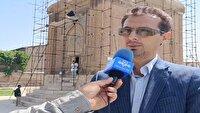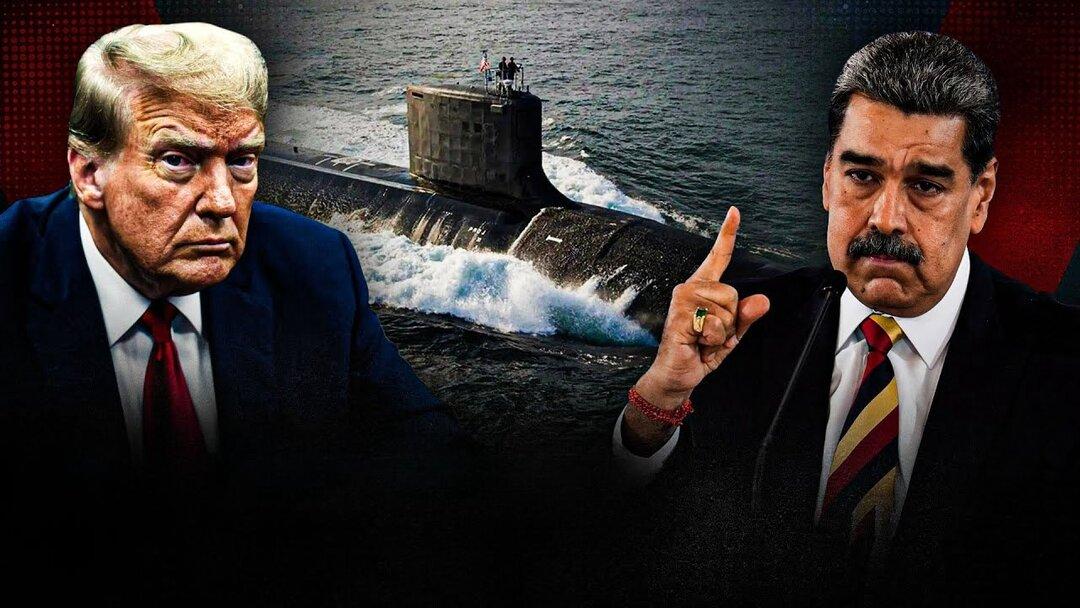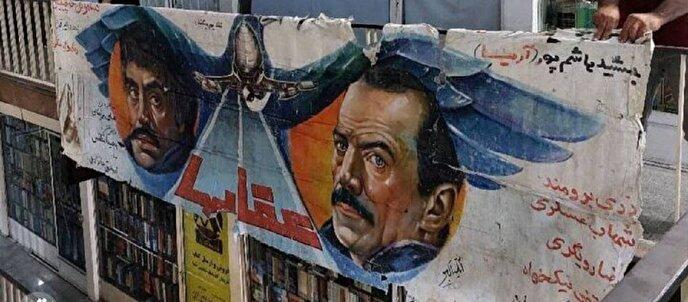Senator Ted Cruz suggests US either sanction or kill Muslim Brotherhood members
Senator Ted Cruz suggests US either sanction or kill Muslim Brotherhood members

US Senator Ted Cruz on Wednesday said that it's high time the US designated the Muslim Brotherhood as a terrorist organisation, because it's the alternative to killing the movement's members and affiliates.
"The Muslim Brotherhood and its branches should be designated as terrorist organisations because of that overwhelming and ongoing history of violence, extremism and destabilisation," he told a crowd at the far-right Heritage Foundation think tank in Washington, DC.
"That's a straightforward policy when one is faced with a terrorist organisation - or at least it's the other solution to killing the terrorists, which is a damn fine policy as well."
In July, Cruz, a Texas Republican and constitutional scholar, introduced the Muslim Brotherhood Terrorist Designation Act of 2025 - his fifth time bringing forward such a bill in the last ten years. He appeared at Heritage to explain why this is a uniquely opportune moment.
"We have a Republican Congress and a Republican president who is committed to countering the threat that Islamic terrorism poses to American national security. So we have both legislative and executive options," he said.
Cruz also said Washington needs to align with its Arab allies on the issue.
The Muslim Brotherhood is currently listed as a terrorist group in the United Arab Emirates, Bahrain, Syria, Egypt and Saudi Arabia. Critics have long insisted that blacklisting the political movement is a way of ensuring it will no longer pose a threat to monarchies and authoritarian leaders in the region.
Cruz said the Brotherhood - whose popularity remains high in parts of the Arab world because of its combination of Islamic religious tradition, political activism and social welfare programming - is a threat to US national security.
Middle East Eye previously put the question to George Washington University professor Nathan Brown, who is an expert on Middle East politics and sits on the board of trustees at the American University in Cairo.
In what ways is the Muslim Brotherhood a threat to US national security?
"None at all," he said.
The movement does not have a defined control centre as it did for much of the 20th century in Egypt, where it began. One of its "offshoots" that Cruz repeatedly referenced is Hamas in Gaza, which is already designated as a terrorist organisation in the US.
But Hamas does not act outside of the occupied Palestinian territories and Israel.
Technicalities
Cruz said his latest bill on the Muslim Brotherhood is urging a bottom-up approach, which he expects will be more successful.
Typically, the US would sanction the main driver of the terrorism in question, like an umbrella organisation, leading to every group branching out of it to also get designated.
"One of the reasons why I think we fell short is we took a top-down approach to listing what might be called the 'Global Brotherhood,'" Cruz said on Wednesday.
"The idea was to designate the global organisation, and then all of its branches. Critics objected and successfully blocked that approach because they said that not all Brotherhood branches are currently violent, and so all of the branches do not currently - they argue - meet the criteria for designation."
"So we took a different approach," he explained. "We start by identifying all the branches that the Muslim Brotherhood supports that... commit terrorism right now, and then we designate the whole Brotherhood for supporting those indisputable terrorist organisations".
There are three ways the US can blacklist the Muslim Brotherhood.
Congress can do it by adding the movement to the Anti-Terrorism Act of 1987, which would affect visas and domestic transactions.
The State Department can do it by designating the Brotherhood as a foreign terrorist organisation under the Immigration and Nationality Act.
And finally, the Treasury Department can do it by listing the movement as a specially designated global terrorist.
Each mechanism serves a different purpose, but there is also overlap.
"The way I dealt with that technical debate is I told my team to draft the bill so that it did all three," Cruz said. "It's not the world's most innovative solution, but I'm also a huge believer that there is virtue in clarity and simplicity. The Brotherhood and its branches, like Hamas, are terrorists, and they should be sanctioned into utter oblivion".
'Sharia law is all about binding people'
It wasn't long before the discussion at Heritage turned to fighting all forms of "radical Islam".
"There are serious challenges with with jihadists and extremists in Texas," Cruz said. "Texas is a big state. The Holy Land Foundation was incorporated in Texas. Now they were successfully prosecuted and disbanded, but we're seeing in North Texas the Epic development that is describing itself as a Muslim community enforcing Sharia law. I'm here to say Sharia law has no place in the great state of Texas".
Epic is the East Plano Islamic Center, just outside of the city of Dallas. The organisation has proposed a housing development with a school and community college that it described on its website as "multi-ethnic, multi-racial, multi-lingual, non-sectarian, diverse [with] equal participation and involvement of men and women”.
Sharia law is not mentioned.
The laws and guidelines for everyday life enshrined in the Muslim holy book, the Quran, are collectively known as the sharia.
While the core tenets are overwhelmingly agreed upon (such as enjoining five daily prayers and prohibiting alcohol), most of the sharia does not have a fixed interpretation, which is where Islamic scholars come in.
Islam is not unique in having religious rules. Judaism has Halakha, a collection of religious laws, while Catholic theologians have set rules that stem from the philosophical notion of “natural law”.
During the Q&A portion of Cruz's appearance on Wednesday, a young woman in the audience thanked him for his position, saying, "I think the argument that Sharia law is somehow protected by our constitution is nonsensical".
Cruz did not reject her characterisation, but added that while "the very first liberty of the five that are enumerated [and] protected is religious liberty," sharia law specifically "is all about binding people who don't share [Islamic] belief. It is about controlling others".








